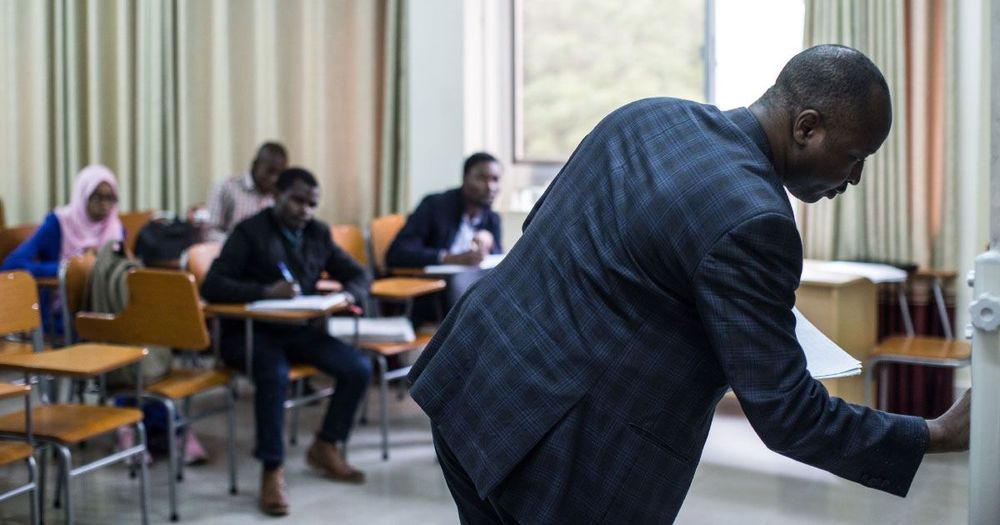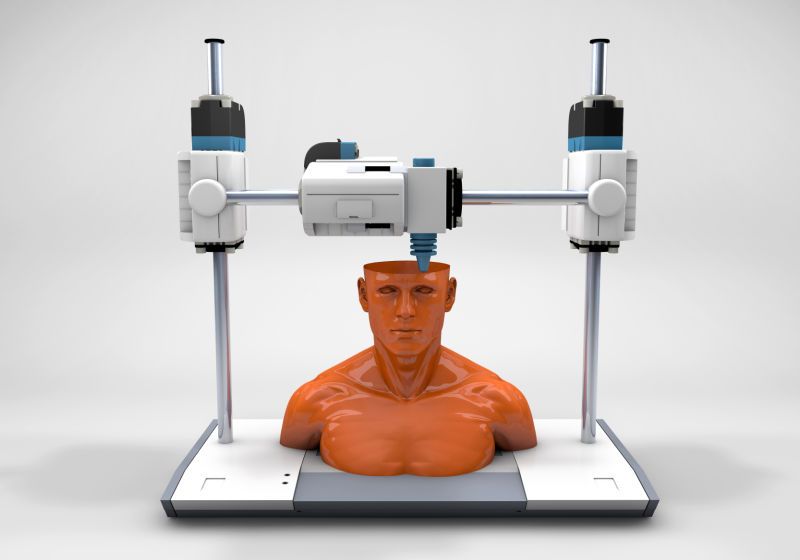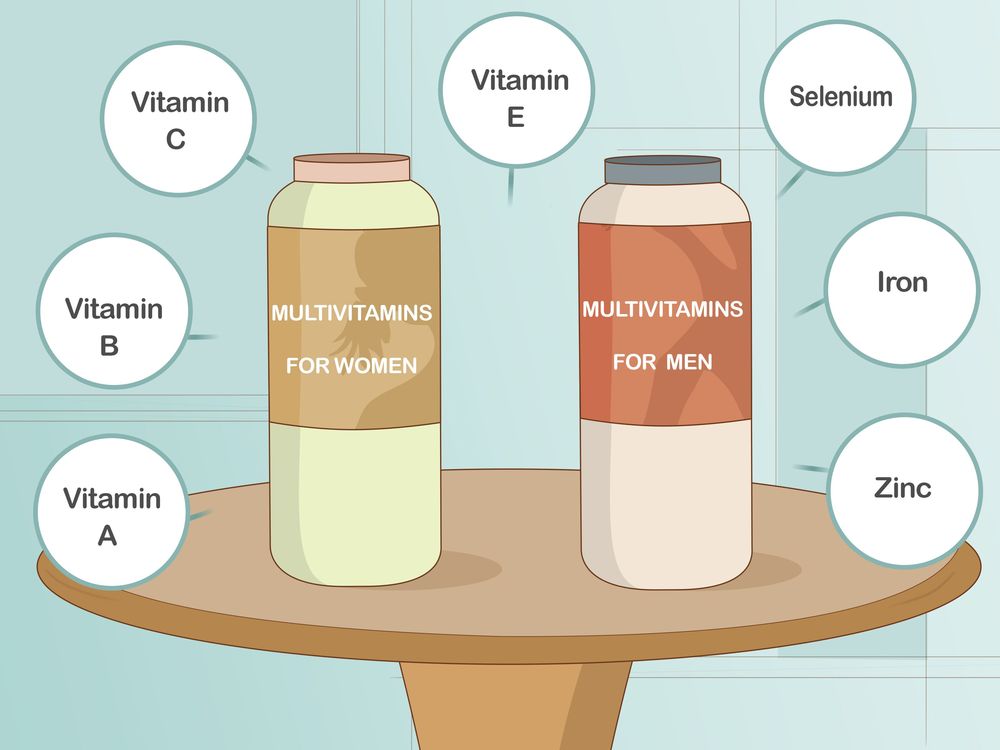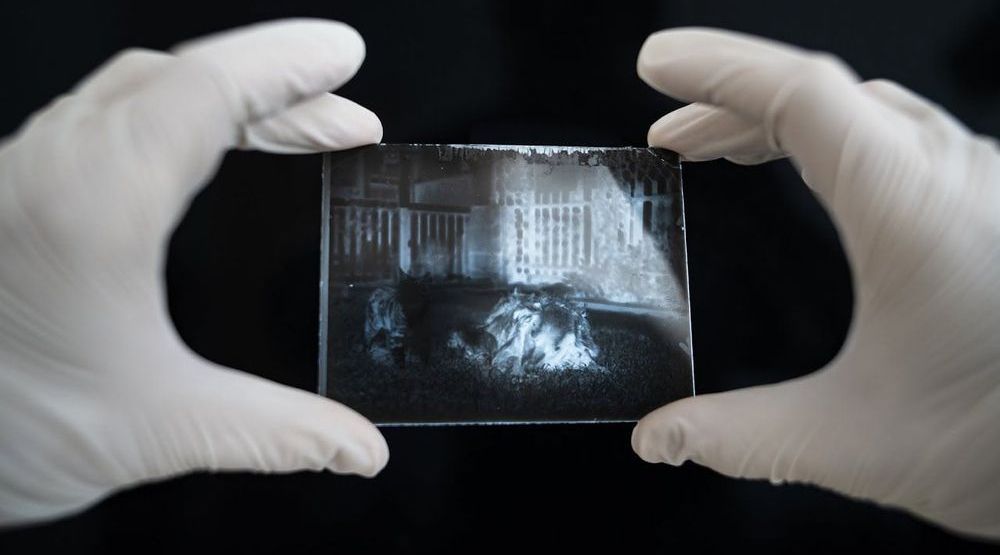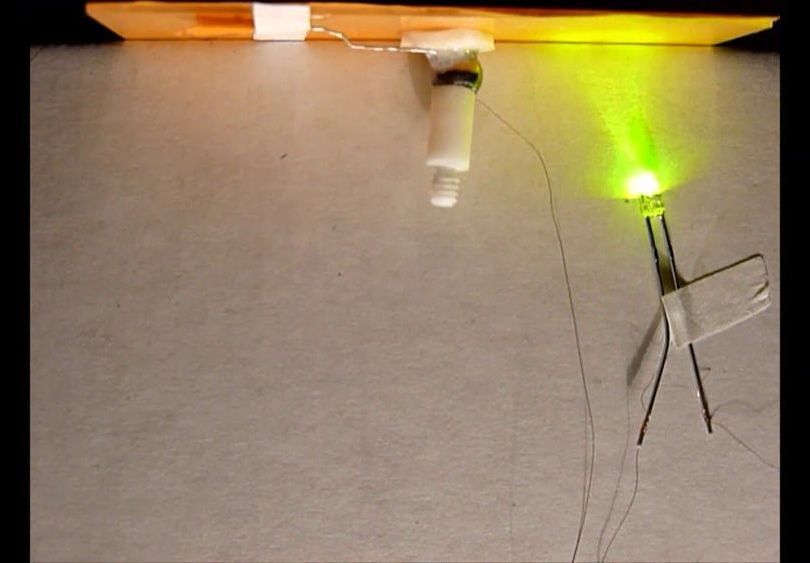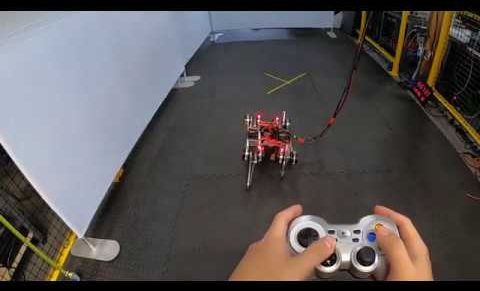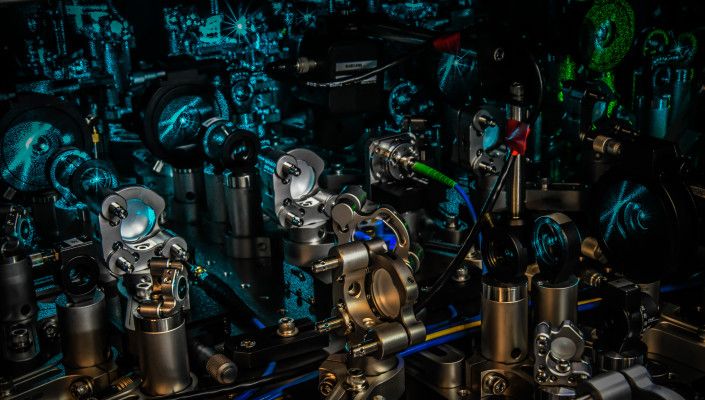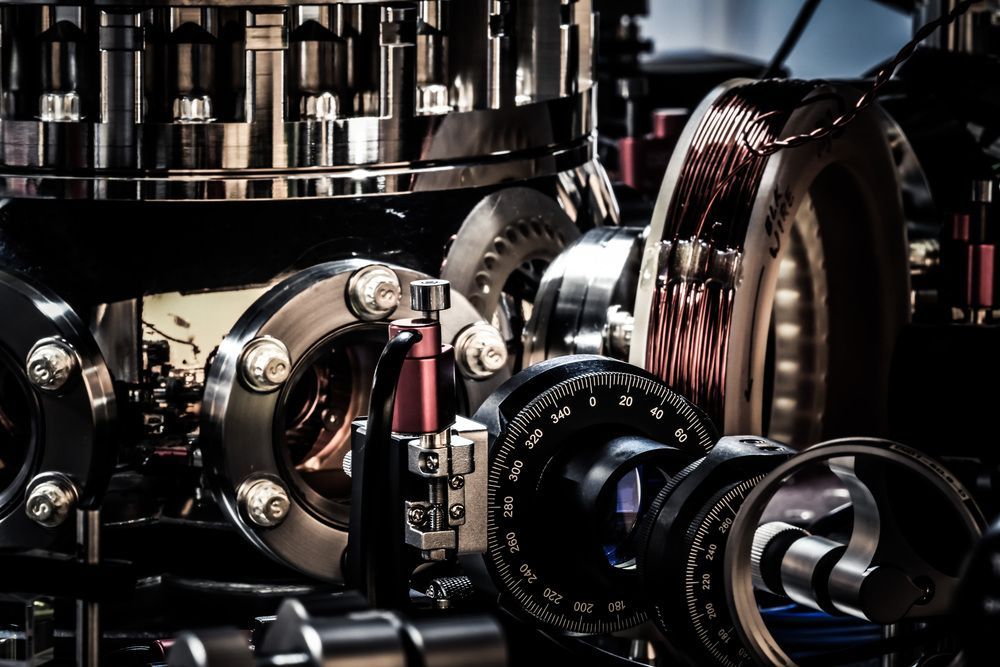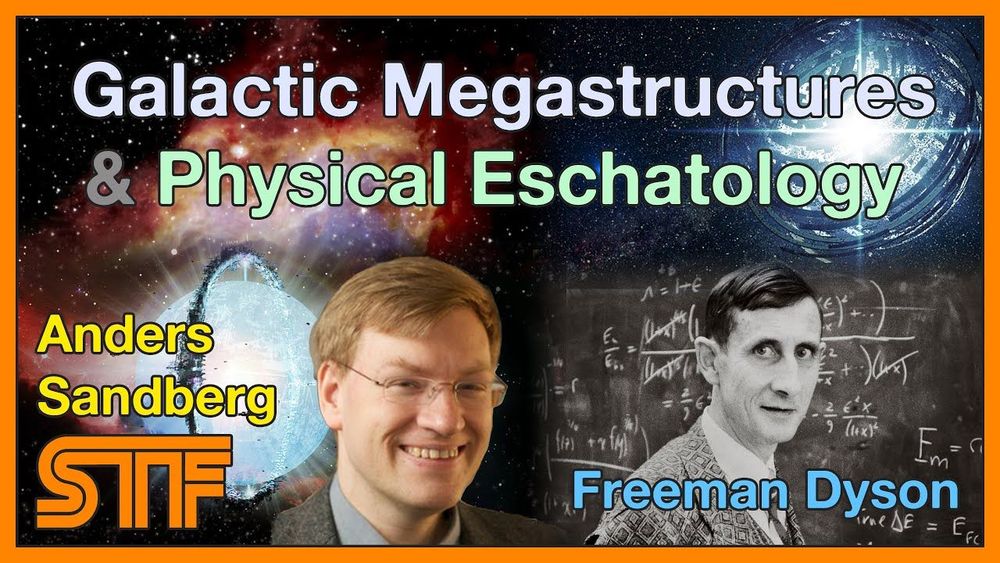Omololu Akin-Ojo was always reluctant to go to the United States. “I felt I could do a lot of things in Africa,” he told me in his office at the new East African Institute for Fundamental Research (EAIFR) in Kigali, Rwanda. “Unfortunately, I was wrong.”
As a university student in his home country of Nigeria in the late 1990s, Akin-Ojo learned to write computer code by hand, without ever having the chance to put the code into a computer. Aware of these limitations, his father, a physicist, encouraged him to apply to doctoral programs abroad. While studying condensed matter physics at the University of Delaware, Akin-Ojo recognized the gulf in teaching and in research opportunities between Nigeria and the U.S.
He realized then that he wanted to stem the brain drain of Africa’s brightest minds. Although he spent the next 14 years working in the U.S. and Europe, he said, “I always knew I was coming back to Africa.” He chose to specialize in theoretical physics, so that the lack of experimental equipment in Nigeria wouldn’t hinder his research when he returned.
